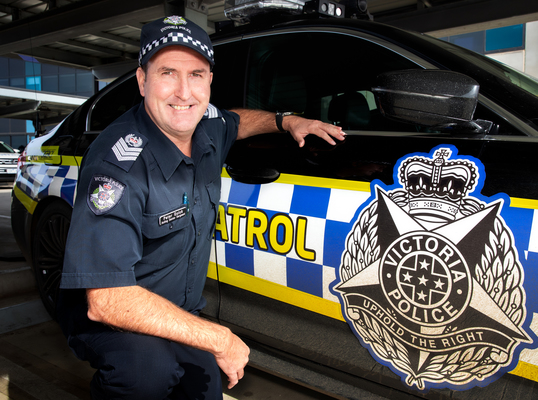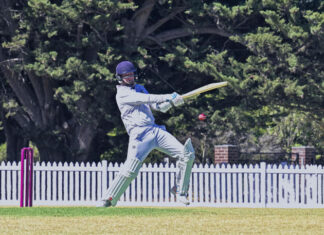Geelong drug-driving offences have doubled amid COVID-19 restrictions, according to a senior Highway Patrol officer.
Police caught 60 motorists driving under the influence of drugs in April, compared to an average of 30-35 a month, Senior Sergeant Peter Quick told the Independent.
“We had 30 in the Bellarine alone,” he said.
Less traffic and fewer legitimate reasons for driving late at night after stage 3 restrictions came in on March 31 had led to increased detections, Senior Sergeant Quick explained.
“Late at night, if a car’s moving it comes to our attention a lot quicker – it’s easier for us to intercept them and there’s less reason for them to be out,” he said.
“It’s easier for us to identify cars and harder for us to lose them in a stream of traffic.
“If you’re intercepted, the line of questioning is: ‘what are you out for?’ If you’re not getting food or going to work, what are you doing out?”
Senior Sergeant Quick said police were targeting areas they had not patrolled as much previously after splitting Geelong Highway Patrol into three separate locations.
Along with the unit’s Waurn Ponds headquarters, they were also operating out of Geelong’s north and on the Bellarine Peninsula, he said.
The force restructure had led to the increase in offences detected on the Bellarine, Senior Sergeant Quick said.
Police also recorded an increase in “extreme” speeding, with more motorists driving 40km/h or more above the speed limit, he said.
Local officers had impounded several cars speeding on Geelong Ring Road, Princes Highway, Colac Road and Anglesea Road, Senior Sergeant Quick said.
“They’re well over impound speed, not just a little over. It’s because there’s no traffic as a buffer.”
But serious injury and fatal collisions have decreased dramatically during stage 3 restrictions, Senior Sergeant Quick said.
The numbers were particularly low for “vulnerable road-users” including pedestrians, cyclists and motorcyclists, he said.
“They’re way down.”
Geelong had 13 serious-injury crashes and three fatal crashes in March, compared to nine and zero respectively in April. Surf Coast had no serious-injury crashes last month, compared to four in March.
But Senior Sergeant Quick warned extreme speeding could cause a spike in crashes as restrictions eased and traffic increased.
Police had also noted a large increase in food delivery drivers, he added.









